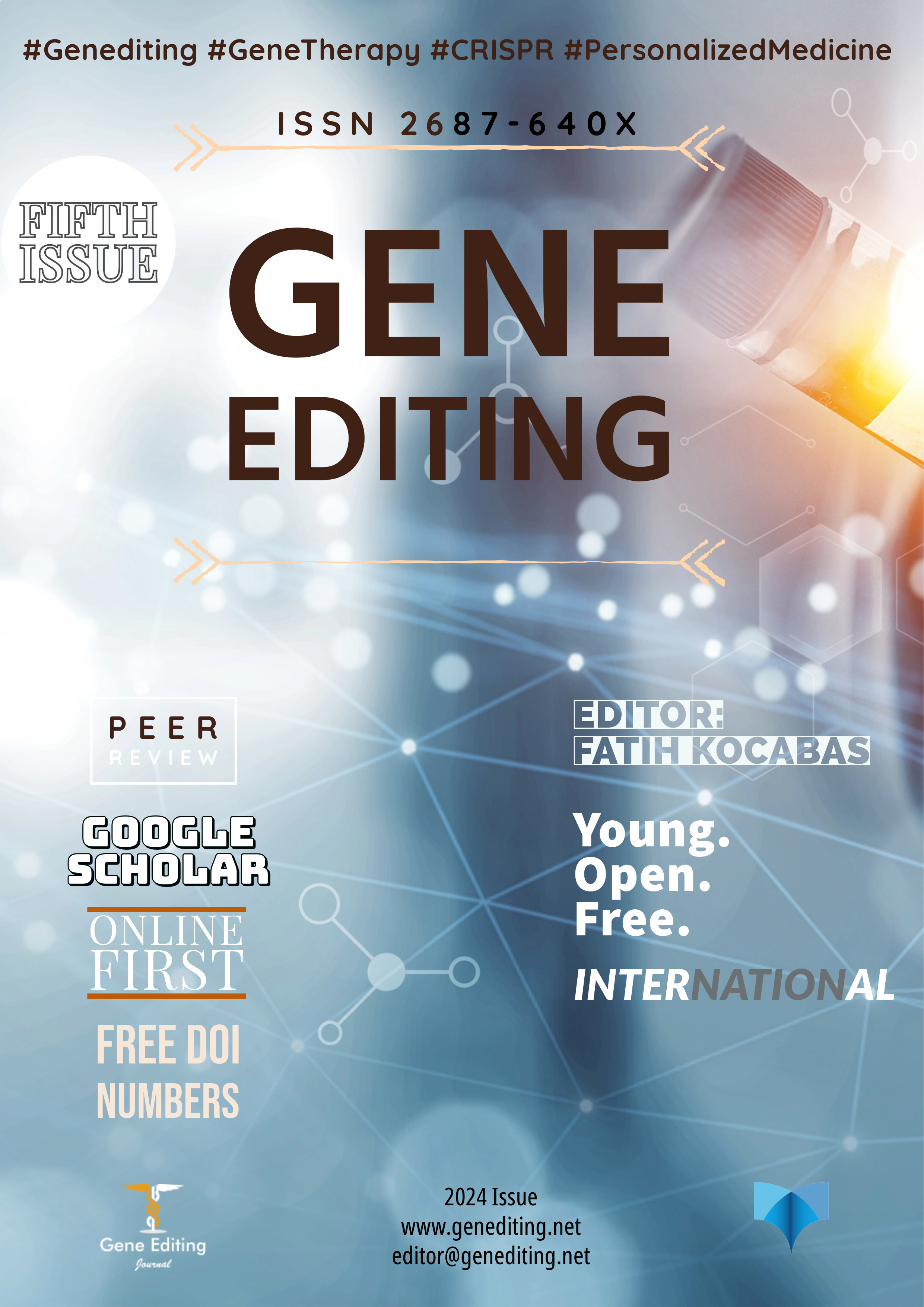Author :
Abstract
Keywords
Abstract
Gene therapy has emerged as a significant approach in the realm of anticancer treatments, offering targeted and personalized therapies for carcinoma. Approved novel anticancer gene therapies work by damaging and altering detected carcinoma cells, impeding tumor cell growth, and enhancing the body's immune system response to cancer. Major advancements in anticancer gene therapy include modifications to oncolytic viral therapies, CAR-T therapy, and RNA interference therapy. Furthermore, CRISPR-CAS9 technology enables precise and highly efficient alteration of cancer-related genes, facilitating the development of anti-cancer immunity. This study focuses on recent advancements in anticancer gene therapies and the challenges encountered in the field of gene therapy for cancer treatment. It highlights the potential of these innovative approaches and their associated risks for patients, aiming to advance anticancer treatments and improve patient outcomes.





